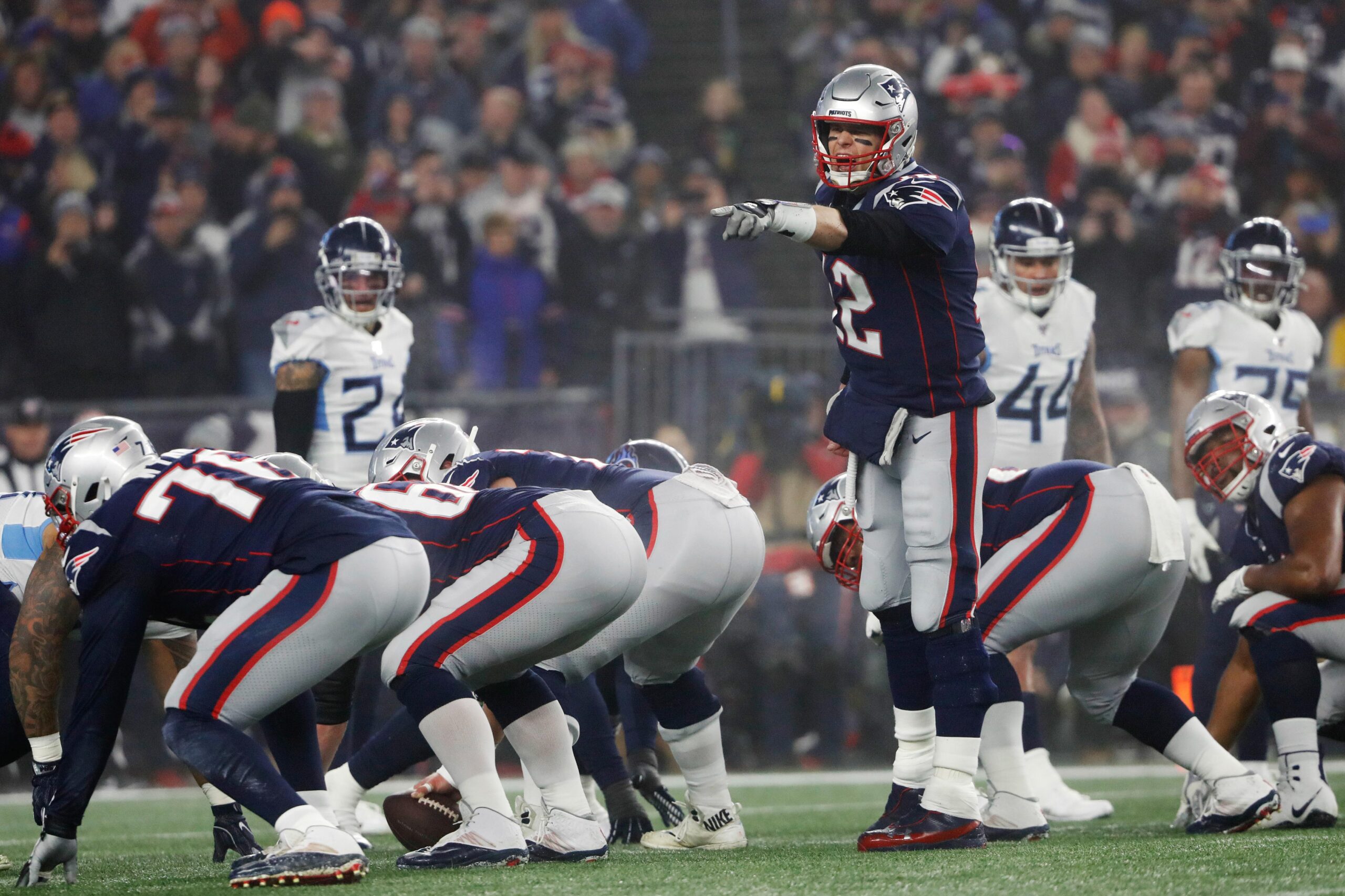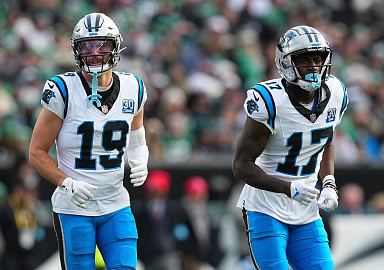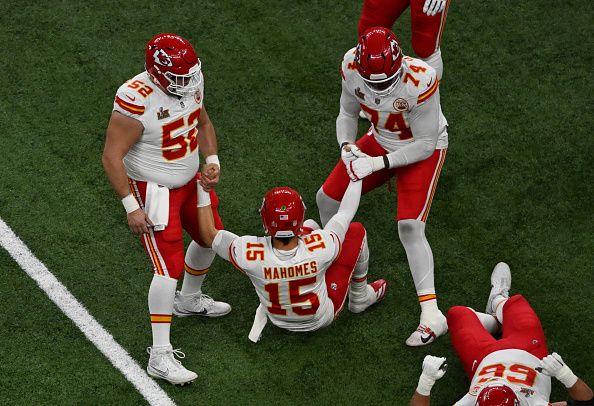As the science behind nutrition advances, and as new mental strategies for maintaining top performance emerge, it seems, wherever you look, professional players are postponing retirement in favor of playing on for that extra couple of seasons, whether on the pitch or at the poker table.
But what are the facts behind that theory, and what are the secrets behind the longevity of stars like the NFL’s Tom Brady and soccer’s Zlatan Ibrahimovi?? Where it was once perceived as a barrier to continued high performance, has age really become no more than a number?
Of course, there are many factors that force professional athletes into retirement that are unrelated to age. There’s perhaps no better example of that than in the NFL, where players often hang up their cleats due to injury, wear and tear, more serious issues like concussion that can have a more lasting impact on a person’s wellbeing, or just overall psychological fatigue affecting their mental strategy.
In games like poker, mental strategy plays a key role in a player’s overall approach – and psychological fatigue, often associated with age, can often be a factor here too.
Retirement does not equal defeat
In August of last year, Andrew Luck shocked the world by announcing his retirement from competition due to being “mentally worn down” from the number of injuries endured, and the associated rehabilitation demands and tolls of mental preparation.
Reflecting on his decision, the Indianapolis Colts quarterback said: “I haven’t been able to live the life I want to live. It’s taken the joy out of this game and the only way forward for me is to remove myself from football.”
In Luck’s case at least, age was more than a number, and he felt every one of his 29 years every time he took a bump or went under the knife to correct his persistent shoulder issues. And it’s fair to deduce that the longer a player plays, the larger the window for injury.
But there are other stories that don’t support that narrative, none more so than Tom Brady. The 42-year-old continues to defy the unwritten rules on when to retire, even criticizing others for doing so, cementing his reputation as one of the finest quarterbacks of all time.
A master of mental strategy and veteran of nine Super Bowl experiences, Brady admits that one of the factors behind is longevity has been avoiding some of the big collisions in the middle of the field.
He told the Boston Globe: “I feel like it’s always better to try to be available to the team and try to take risk-reward and so forth. Again, nobody likes to see anybody get hurt out there. From my own experience, I try to do the best I can to avoid any big shots like that.”
In other sports, like soccer, stars like Ibrahimovi? and Cristiano Ronaldo remain high performers for their clubs, demonstrating both physical prowess and steadfast commitment to proven mental strategies, despite both being firmly in the so-called twilight of their careers.
Often the key to soccer players’ long careers is managing game time but, given that the pair have collectively made more than 1,000 appearances for their respective clubs, that theory doesn’t stand much scrutiny.
Keeping the mind and body occupied
The reality is maybe buried a little deeper, with its roots in habits away from the field. Ronaldo recently told reporters that he takes up to five naps and eats six small meals every day, while Zlatan Ibrahimovi? is known to practice Taekwondo to help him maintain mental and physical focus away from his sporting duties.
Much like in games like poker and chess, where maintaining a focus on mental strategy is paramount. Taking time to recharge psychologically is important, and activities like Taekwondo, or other sporting hobbies, are perfect, as they provide an outlet for creative and constructive thinking, promoting mental strategy, while still offering an escape.
But it could also be argued that each of these players has a team around them, making it much easier for coaches and colleagues to manage their work-load and preserve energy levels. So, what of the individual athletes who don’t have a roster around them to fall back on?
Roger Federer, 38, has won more Grand Slam titles than any other male player and is recognized by many as a master of mental strategy and one of the greatest stars the sport of tennis has ever produced. His most recent major title came in 2017, when he won a sixth Australian Open, beating Marin ?ili? in the final, seven years his younger.
Many credit Federer’s mental toughness and poker-faced stoicism as a key factor behind his exceptional record, noting his incredible success rate of 65% in tie break situations. That ability to perform stretches further than physical ability, so perhaps it’s outside of the gym that some of the secrets to athletic longevity lie?
Much like in tennis, mental strategy and psychological resilience play a key role in a range of other games, including games like poker and chess, where fatigue in concentration is often cited as a factor for defeat.
Although interestingly, one of the brightest chess prodigies of the modern era achieved greatness in the game at a remarkably young age. Sven Magnus Carlsen became world chess champion at just 22, beating 43-year-old opponent Viswanathan Anand in the Final. Interestingly, many credit Carlsen’s wisdom beyond his years, rather than his youthful alertness, as a decisive factor behind his early rise to stardom.
The importance of learning mental resilience
Poker also rewards strength of the mind and composure under pressure. And whether it’s Texas hold’em, 7 card stud, or Omaha hi/lo, the ability to remain calm, while sticking to a coherent mental strategy can be crucial to a successful bluff in a high stakes game.
In particular, attention is increasingly being paid to the value of mental endurance and ways you can increase it. Popular tips for developing your own poker mental strategy center around learning how to deal with those so-called “pressure cooker” situations, and taking steps to sharpen your senses, combat sluggishness and eliminate bad habits.
Winning is said to be much harder if your mind isn’t in great shape, while developing qualities like emotional control and simplifying the factors behind decision-making are also crucial ingredients for the perfect poker mental strategy.
But that conveyor belt of talent, whether at the poker table or on the field, will continue to churn out the brightest prodigies. And, as diets improve, and greater emphasis is placed on the importance of a sound mental strategy, the quality of athletes being produced will continue to rise.
This competition from younger prospects is perhaps a factor in the increased attention being paid by today’s stars, in discovering the secrets to help them remain at the top of the pile for longer. Arguably, this one of the reasons why we are seeing greats like Brady, Ibrahimovi?, and Federer continuing to operate at a high-level way beyond their mid-thirties.
From a fan’s perspective, it is great news, as that battle, both mental and physical, between master and apprentice becomes ever more intriguing to behold.







